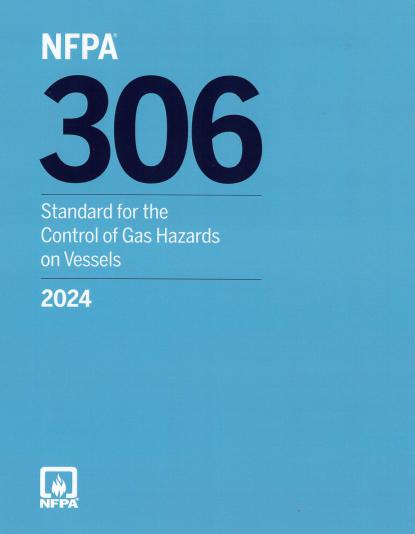NFPA 306 spells out where combustible and flammable materials are present on marine vessels — and safety precautions for entry and work in confined spaces.
Gas hazards present considerable fire protection and life safety issues for marine vessels, shipyards, and waterfront facilities. NFPA 306, Standard for the Control of Gas Hazards on Vessels codifies a set of requirements to mitigate the dangers that may come with concentrations of combustible, flammable, or toxic liquids, gases, chemicals, or vapors.
The standard prescribes the minimum requirements necessary for entry and work in confined spaces on marine vessels and waterfront facilities. It applies to vessels during construction, alteration, repair, and shipbreaking, as well as land-side confined spaces (whether stationary or mobile) located within the boundaries of the shipyard or vessel repair or other waterfront facility. NFPA 306 requirements also help you determine when a marine chemist is required, how a marine certificate is issued and maintained, and what to expect during an inspection.
Activities that fall within the purview of this standard include:
- Application or removal of protective coatings
- Riveting
- Welding
- Burning
- Other fire-producing operations
The 2024 edition updates include:
- Significant changes to the Standard Safety Designation, Safe for Shipbreaking, including the duration of a Marine Chemist's Certification is restricted to a maximum of 3 days.
- New Chapter that provides minimum requirements for a Marine Chemist to use to verify a land-side confined space.
- Specified cleaning requirements.
- Revised requirements for inerting land-side tank
- Revisions regarding documentation on a Marine Chemist's Certificate


